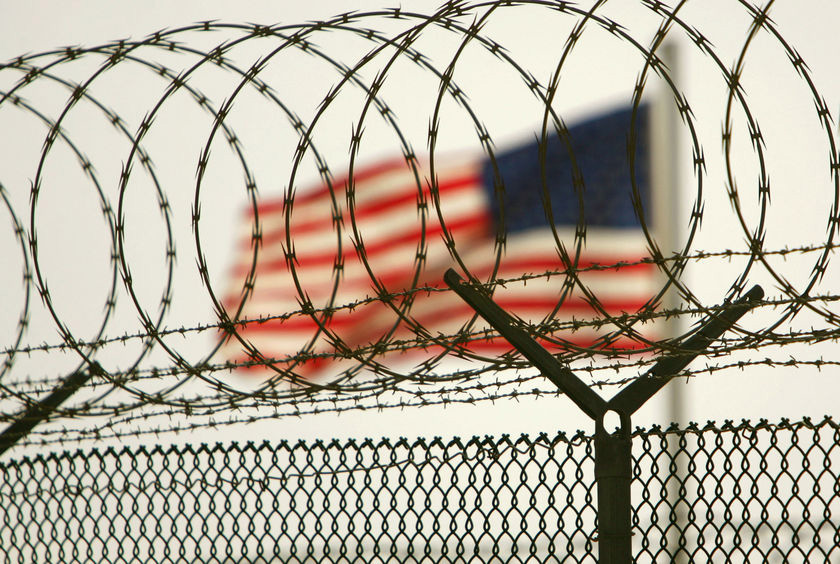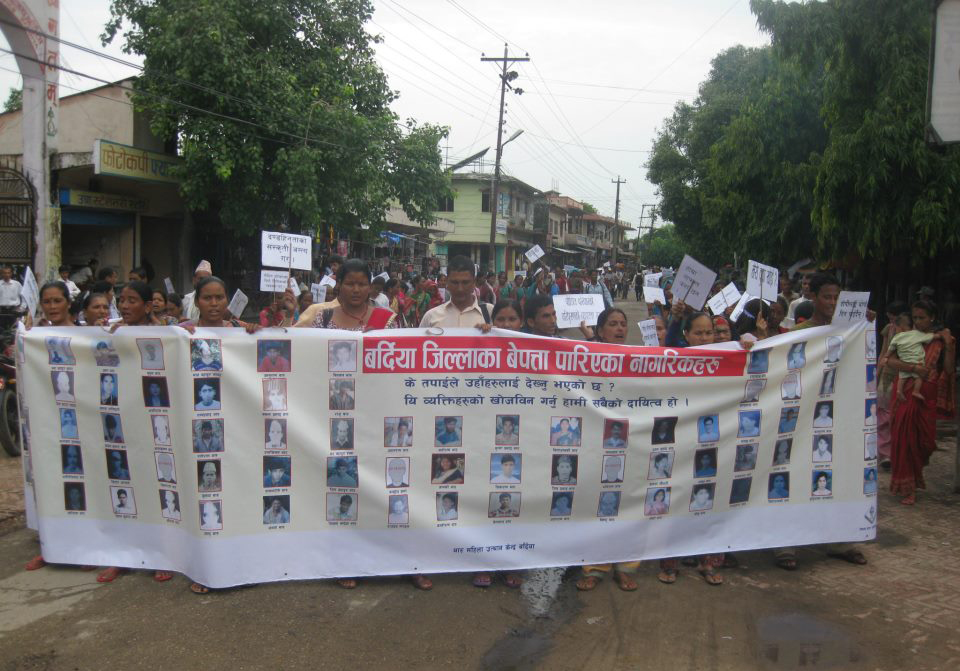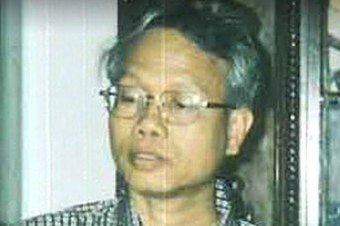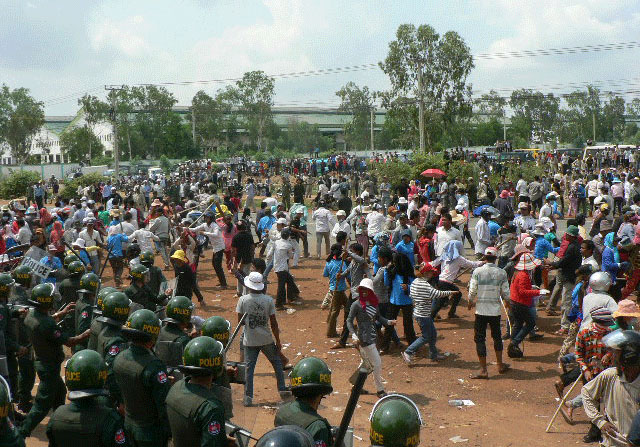


Nepal: new transitional law fosters impunity
The ICJ today called on the Government of Nepal to amend the 2014 Commission on Investigation of Disappeared Persons, Truth and Reconciliation Act (TRC Act 2014) to bring it in line with international law.

Thailand: effective investigation of enforced disappearance of Somchai Neelapaijit needed after Supreme Court ruling
The Supreme Court of Thailand today rejected hearing crucial phone evidence in the case against five police officers who have been accused of subjecting prominent Thai lawyer Somchai Neelapaijit to enforced disappearance in Bangkok on 12 March 2004.

Thailand: authorities must revoke Martial Law, restore media freedom
Thai authorities should revoke the declaration of Martial Law throughout the country and restore media freedom, the International Commission of Jurists said today.

El Salvador: ICJ participates in UN review of El Salvador’s performance in realizing ESC rights
The UN Committee on Economic, Social and Cultural Rights has just finalized its review of El Salvador, one of the State parties under examination during the 52nd session of the Committee held between the 28 April and 23 May 2014.

Cambodia: delay debate on judiciary draft laws
A joint statement from civil society groups, including ICJ, calling on Cambodia’s National Assembly to delay debate on the three draft laws related to the judiciary.




